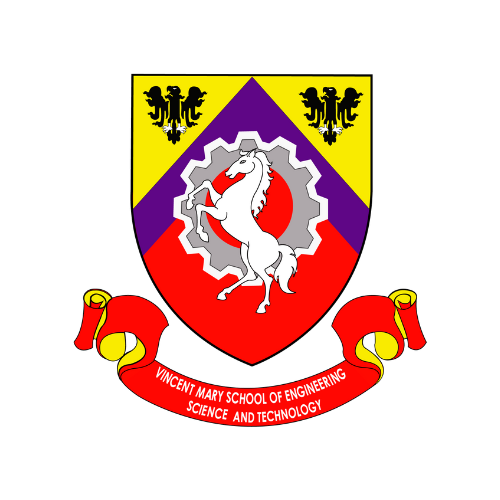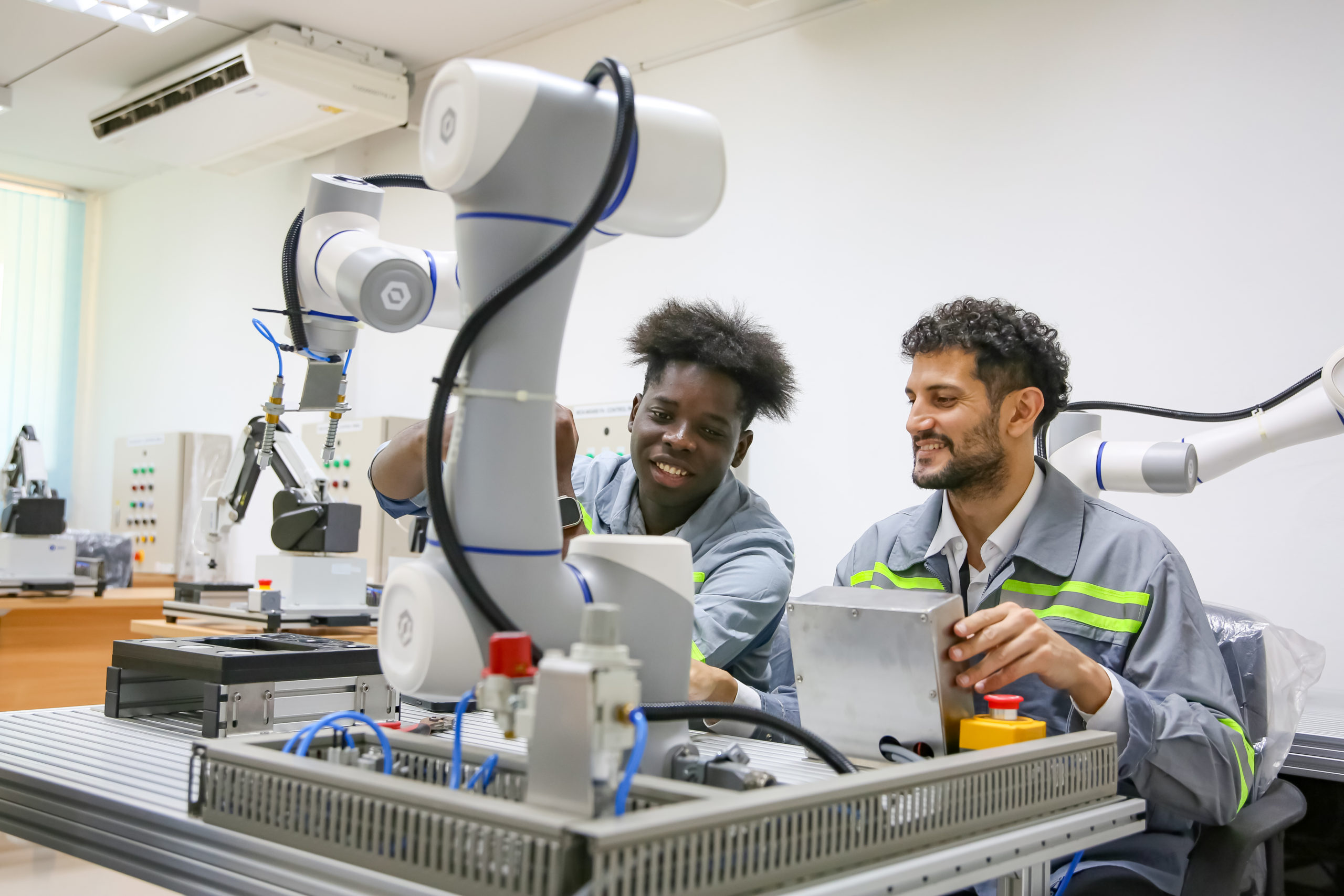Why VMES?
Unlock Your Potentials and Gain Cutting-Edge Skills of the Future at Vincent Mary School of Engineering, Science and Technology
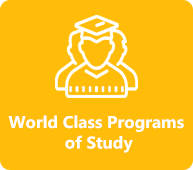


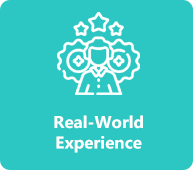
Programs

Applied Informatics (Information Technology)
IT: Applied Informatics (Information Technology)
Graduate Programs: Master, PhD

Vincent Mary School of Engineering, Science and Technology
VMES
Looking to jumpstart a career in Engineering, Science and Technology?
We design world-class programs of study and offer both undergraduate and
graduate programs. Build your identity with an entrepreneurial spirit and encompass yourself with global partnerships for opportunities. Our programs challenge you
with real-world experiences, encourage you to start a venture, and help you make a
tangible impact in your field. Join our community and be a game-changer in you

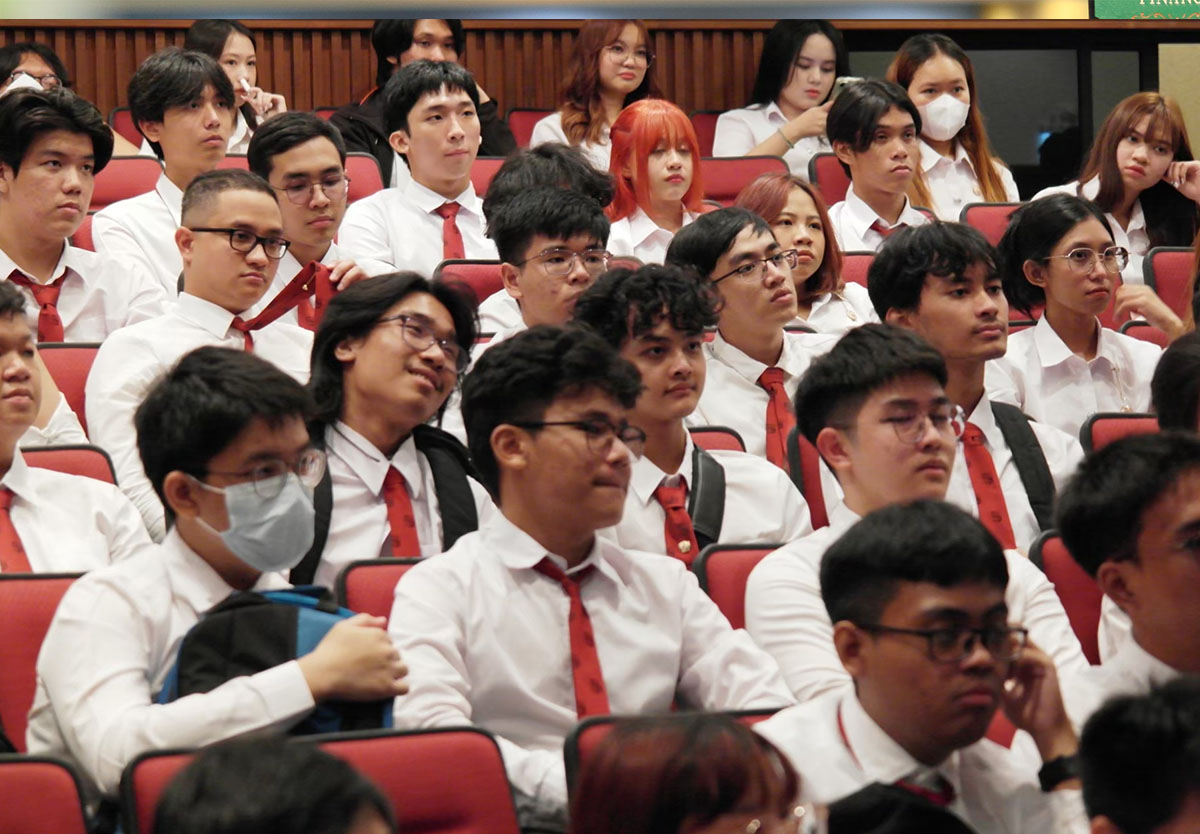

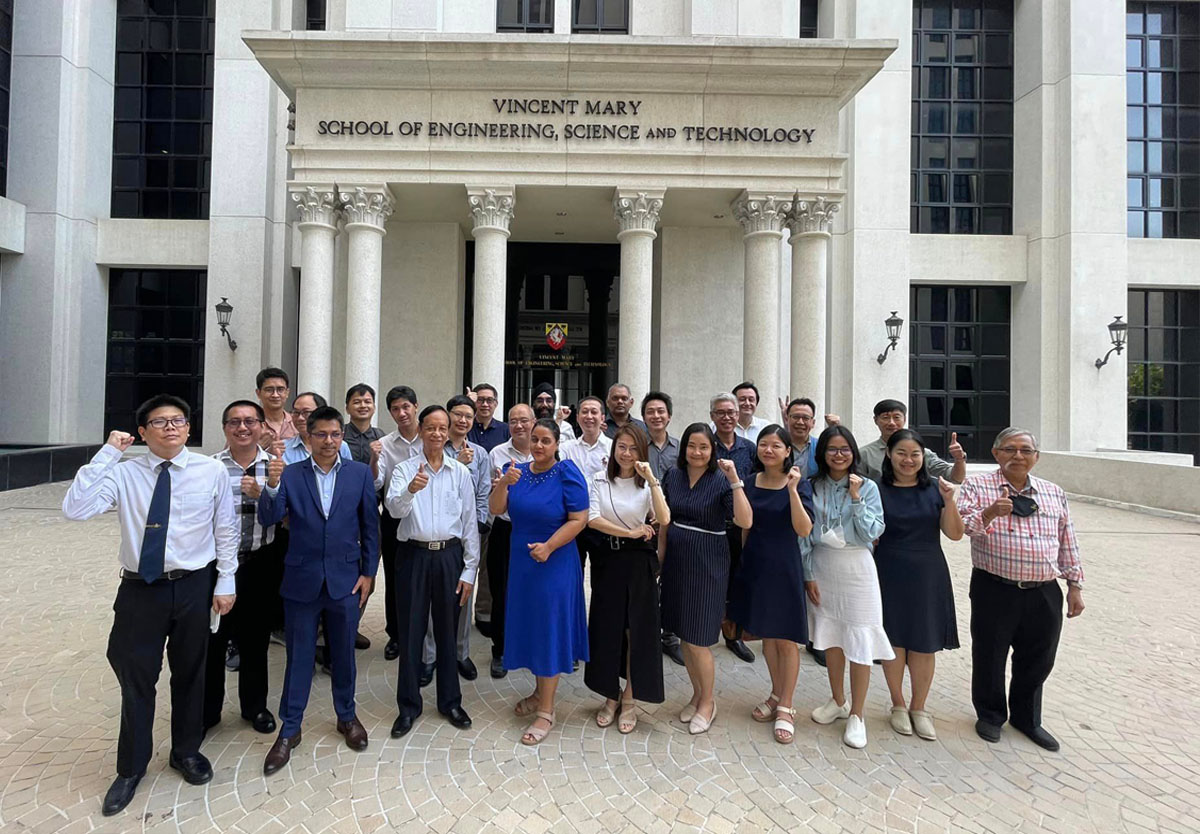
News &
Events
Not only VMES itself which actively engages in academic and external collaborations, but also its research and development laboratories, the student council, and specialised groups initiate various activities for students to participate and develop their extra curricula skills.
Latest News
-



2nd Chengdu Camp 2025
We, AU team completed our culture study tour camp at Chengdu Vocational and Technical College…
-



VMES & Graduate Studies Join Educational Trip to France – February 2025
The Vincent Mary School of Engineering, Science, and Technology (VMES), in collaboration with Graduate Studies,…
-



VMES Aeronautics Students Visit Bangkok Aviation Center
The Vincent Mary School of Engineering, Science, and Technology (VMES) recently organized an industry outing…
-



AU Simba Students Explore Advanced Industrial Technology at SMC (Thailand)
The Vincent Mary School of Engineering, Science, and Technology (VMES) at Assumption University, in collaboration…
Research and Development Laboratories
R&D laboratories are platforms for students to foster their deep interests in specialised areas.

D*Code
Software System Development Lab
D*Code builds usable software systems which impact people’s life.


ISL
Intelligent Systems Research Laboratory
ISL is experts in Artificial Intelligence (AI).


IDL
Intelligent Data Analytics Laboratory
IDL makes use of data.



Mushi Sonthliwal
BSIT
Before joining BSIT at ABAC, I was afraid of whether I would be able to study this course since I had no background in this field. I feel glad that I decided to join. Courses are taught from the very basics. Teachers and seniors are very helpful. The overall environment in this faculty is very friendly. I think that if you are diligent or willing to study, you can do it.






Vibolrattanak Seng
BSCS ALUMNUS
Having the chance to learn from professors who are attentive and very knowledgeable in the field of technology, VMS has equipped me with the requirements I need to grow and succeed in an international environment. It was a great choice that will open doors for me to highly sought-after technology careers.






Sochivoath Chiv
BSCS ALUMNUS
Studying the BSCS course gave me so many opportunities I never thought I would have. I only started coding when I entered ABAC but 3 years since then and I’ve created so many projects such as games, websites, mobile applications and even AI. Through this course, I’ve learnt, created and experienced more than enough to fill a resume or two.







